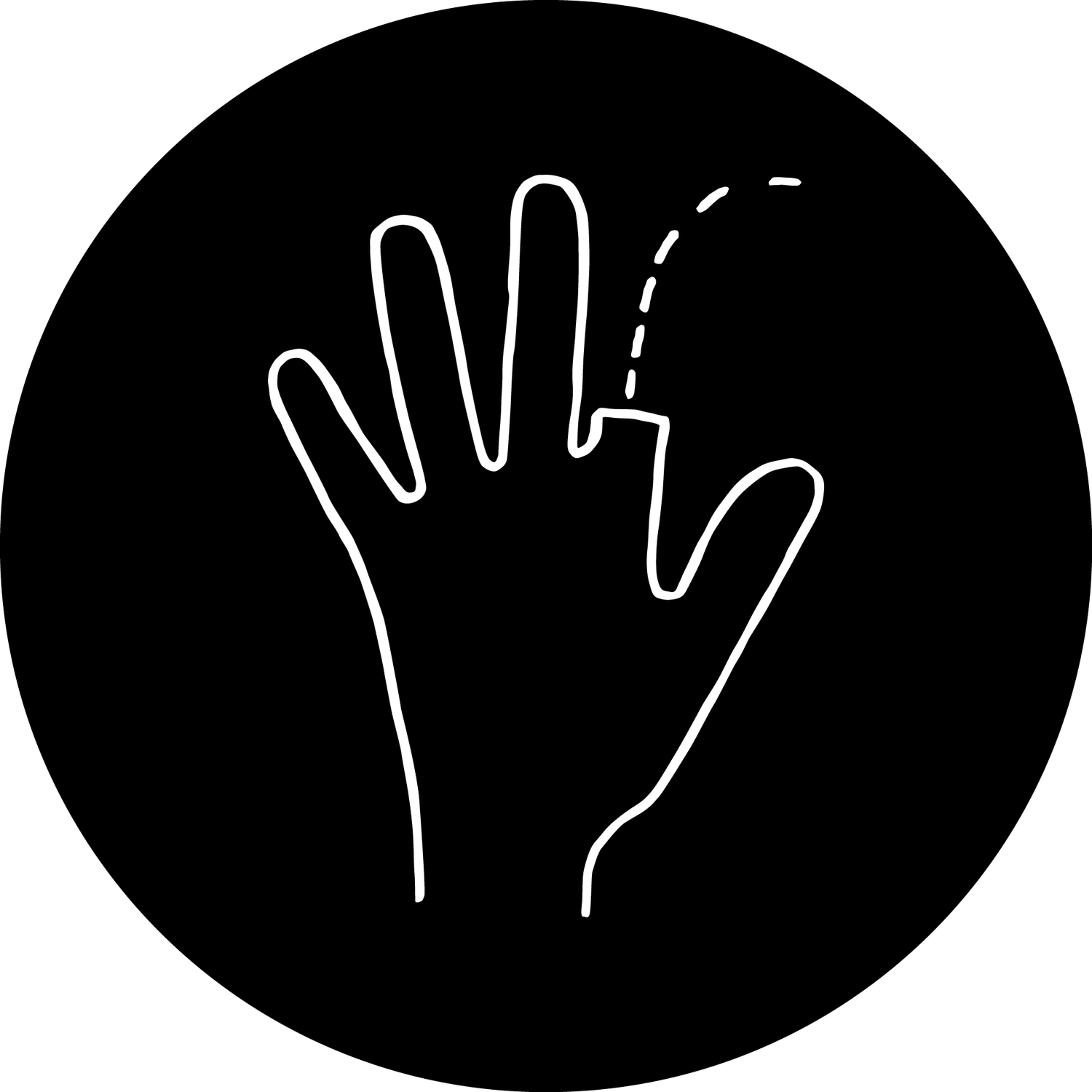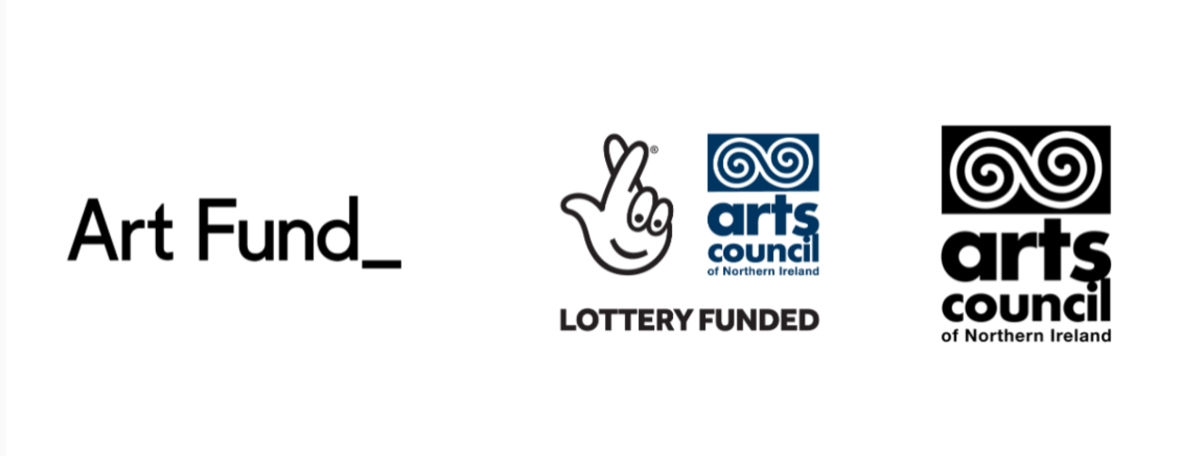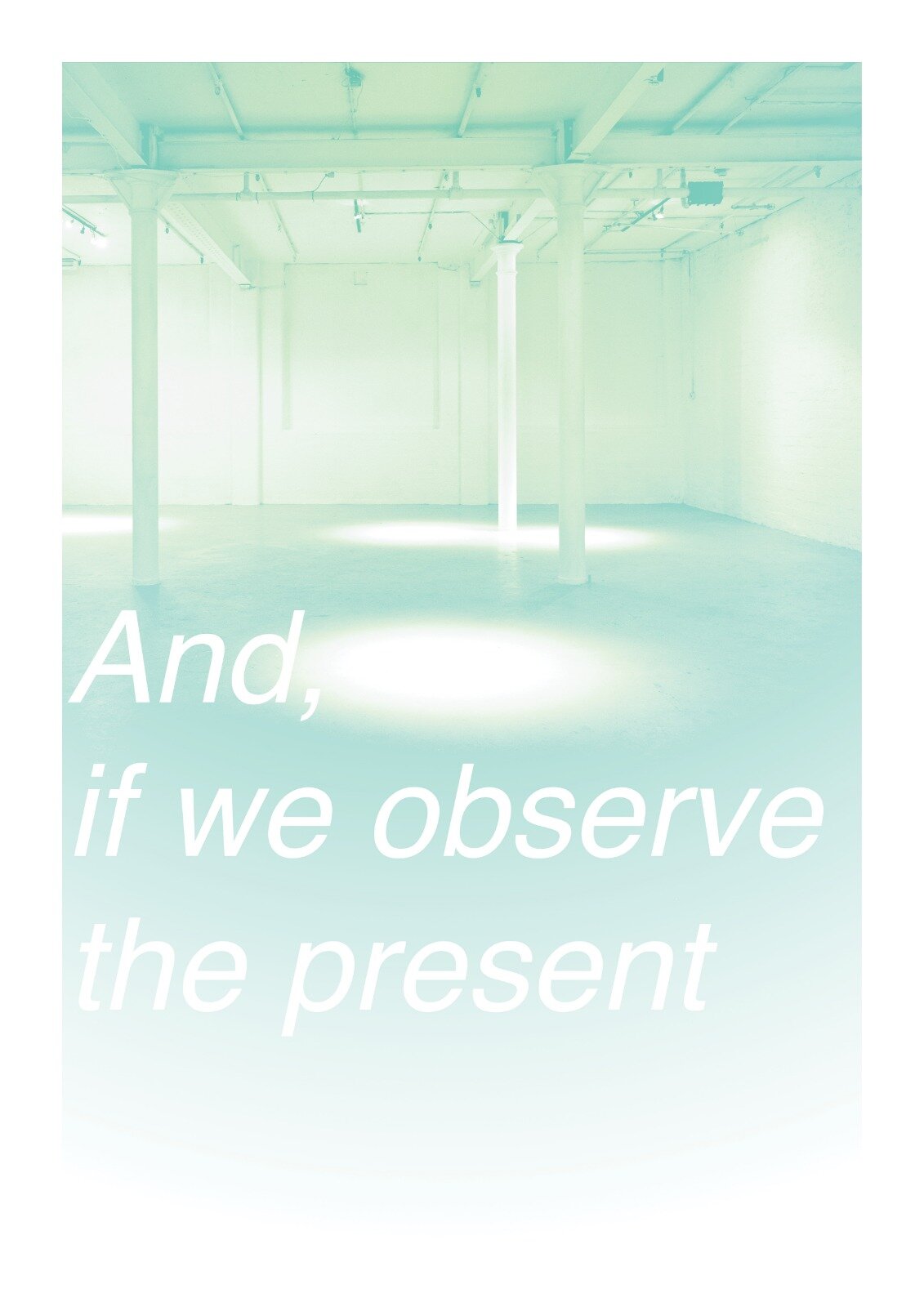On Death Reading Group with the Department of Ultimology
Thursday 26 August, 6.30pm
Book via Eventbrite
"Dust is the opposite thing to Waste, or at least, the opposite principle to Waste. It is about circularity, the impossibility of things disappearing, or going away, or being gone. Nothing can be destroyed."
Carolyn Steedman, Dust, Manchester University Press, 2001
Excerpt from Chapter 8: The story of the dust
In this reading group we will look at a chapter from the book of essays Dust, by Carolyn Steedman. This book offers a fascinating perspective on endings and death, through an account of the development of modern history writing and the practice of archivisation. Drawing our attention to the matter of dust, Steedman describes the legacy of the work of nineteenth century historian Jules Michelet, who described how his inhalation of the dust of the French Archives Nationales ‘gave life’ to the dead whom he studied. Knowing 'that the material presence of their dust, the atomistic remains of the toils and tribulations, the growth and decay of the animal body, was literally what might carry them, through his inhalation and his writing of History, into a new life. He knew that they were 'not capable of loss of existence'.'
In this session we will read through the chapter together and then hold a collective discussion and reflection on the text. The excerpt is available as PDF here.
Everyone is welcome to join the online reading group discussion. As always, we hope to create a shared, open and intimate space in which to discuss this text. We will record the audio of this session for our research archive, and will note this in the introduction. The audio recorded will be stored by us and we may transcribe it at a future date, and use anonymous extracts or quotes in published texts. Please note, from now on we will be subscribing to the Chatham House Rule in our documentation of these sessions, meaning "When a meeting, or part thereof, is held under the Chatham House Rule, participants are free to use the information received, but neither the identity nor the affiliation of the speaker(s), nor that of any other participant, may be revealed." You can read more about this here.
If you would prefer not to be recorded, please let us know in advance. Please don't hesitate to get in touch should you have any questions or suggestions, you can contact us by email at info@departmentofultimology.com
About:
The Department of Ultimology is a collaborative project by artist and researcher Fiona Hallinan and curator Kate Strain. Established in 2016, the Department considers endings, or that which is dead or dying as an entry point for transformative encounter. Ultimology responds to a contemporary environment of anxiety around endings; a time of apocalyptic climate events and turbulent political change, threats of resurgent populism, depleted resources, rapid obsolescence and technological changes that are shifting society. With satellite studios in Brussels, Cork, Graz and Wicklow, the Department of Ultimology is part of the Orthogonal Methods Group (OMG), a research group based at CONNECT - the Science Foundation Ireland Research Centre for Future Networks and Communications, headquartered at Trinity College Dublin.
www.departmentofultimology.com
























